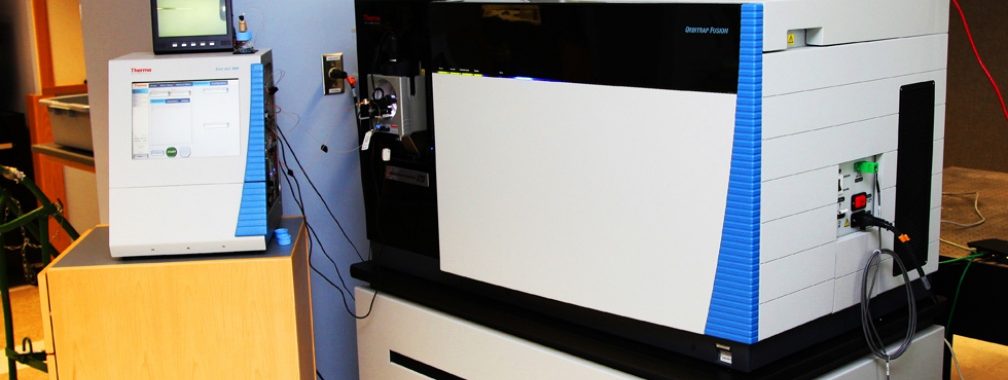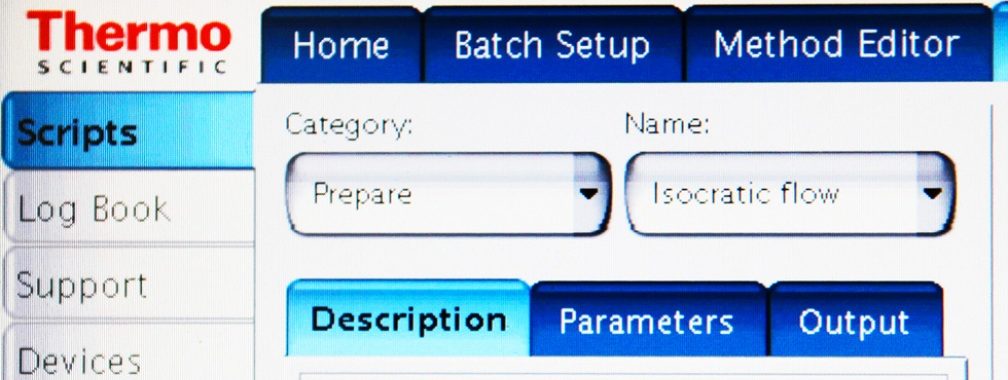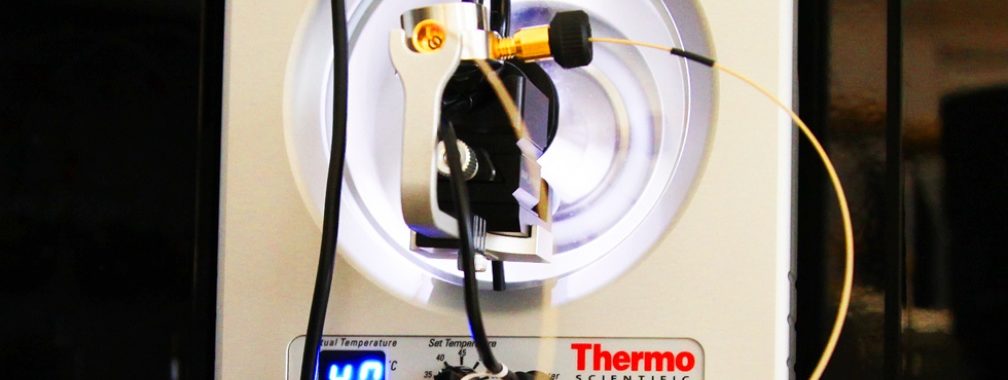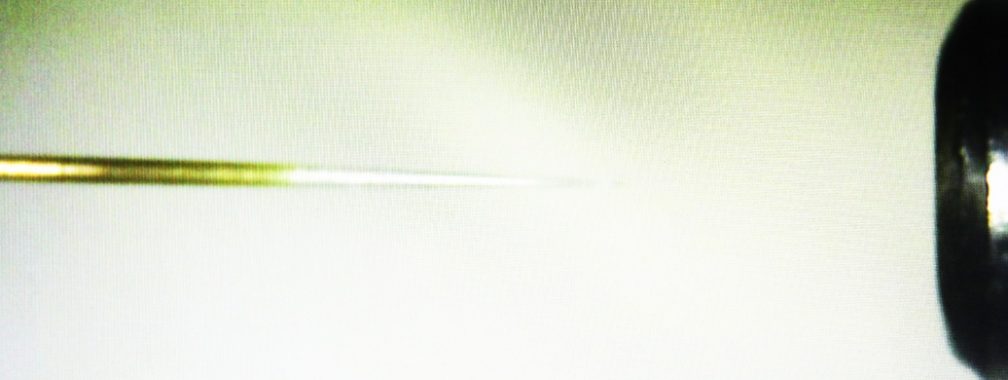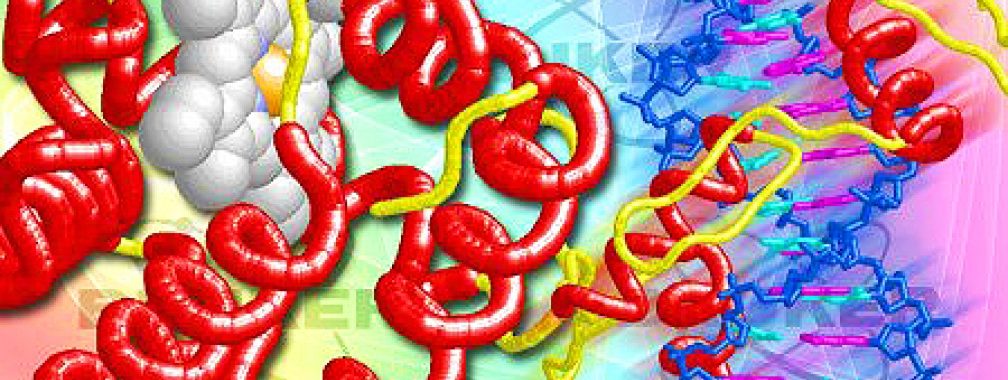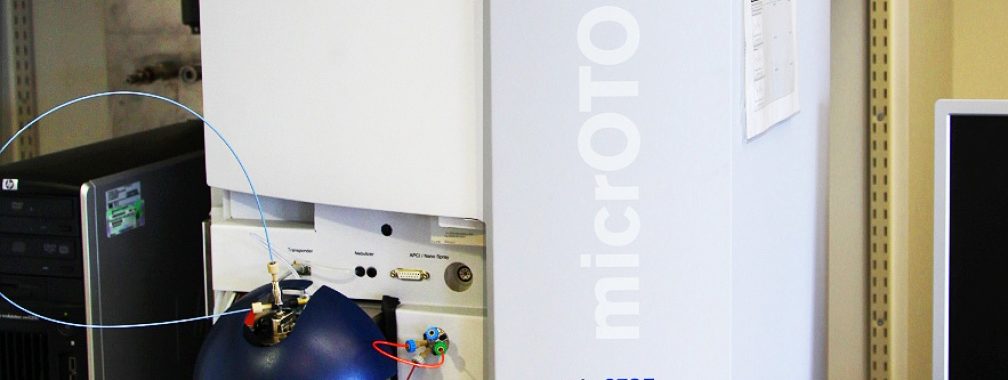Proteomics is the study of proteomes, which are collections of proteins in living systems.
The Proteomics Core Laboratory provides state-of the-art instrumentation and strategies to analyze proteins and proteomes. High performance mass spectrometers and expertise in an array of approaches provide exceptional flexibility. These tools are integrated with powerful bioinformatics workflows to interpret, assemble, and generate biologically meaningful insight from the proteomics data. Proteomics Laboratory directors provide consultation on sample preparation and experimental design.
